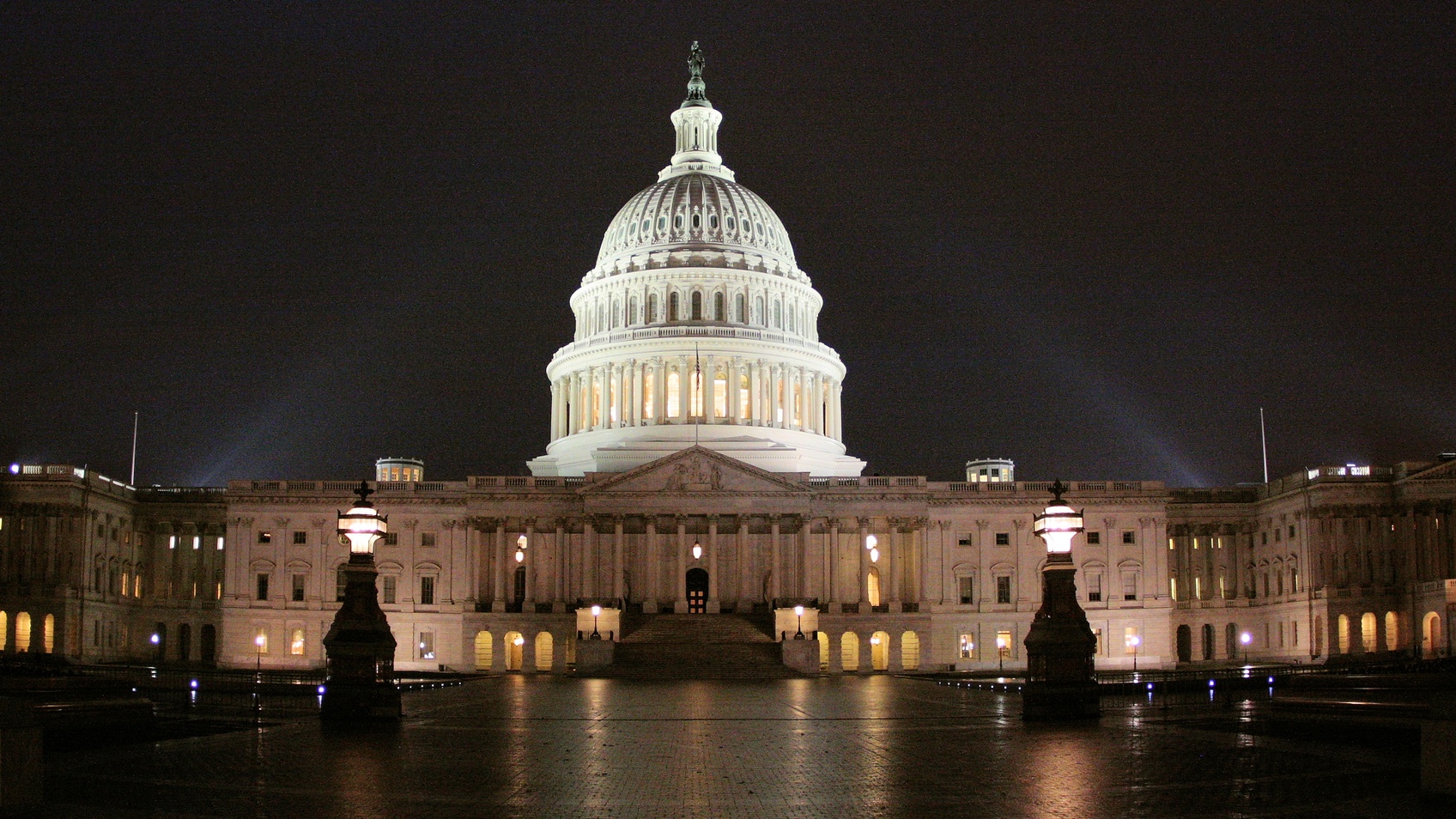Update (November 7, 2019): As federal funding sustaining historically Black colleges and universities has expired, lawmakers are scrambling to find a bipartisan solution.
Funds for the historic institutions expired on September 30 as votes to approve millions of dollars in aid stalled in the Senate. According to WKRN, federal aid lends itself to HBCU infrastructural improvements, faculty, curriculum development and student services — all of which could be affected drastically.
Politicians from both sides of the House unanimously approved legislation in October to extend the aid.
Senator Doug Jones (D-AL) said without a two-year, short term solution to support HBCUs, the institutions will be backed into a corner and forced to make detrimental cuts.
“Every day that passes without a renewal, these schools are one day closer to having to make very tough decisions that could do permanent damage,” he said.
Proponents of Jones’ plan include Sen. Chris Van Hollen (D-MD), who is looking to pass funding for HBCUs and other minority-serving institutions (MSIs) under the FUTURE Act. The act will re-allot $255 million each year in mandatory federal aid until 2021.
“HBCUs, TCUs and MSIs are an essential component of America’s higher education and workforce development system,” the senators wrote in a memo to Senate Majority Leader Mitch McConnell and Minority Leader Chuck Schumer.
“Given the importance of this funding to hundreds of institutions and millions of students, we request that the Senate delay no longer and take up the bipartisan FUTURE Act immediately to avoid permanent damage to our nation’s historic colleges,” the memo read.
Senator Lamar Alexander (R-TN) said he’s looking for a more fortified and permanent measure, not a “short cut” or “budget gimmick.” However, his colleagues insist that the proposed plan needs to make its way to the president immediately to resolve the issue facing the institutions.
Original (September 23, 2019): Funding for Historically Black Colleges and Universities (HBCUs) is scheduled to expire at the end of the month if Congress can't come together on an extension of an important bill. The potential for an agreement hit another roadblock after Sen. Lamar Alexander objected to the passage of an extension bill during an appeal brought forth by Sen. Doug Jones. Alexander expressed interest in a larger package of legislation that addresses a wider array of issues than just funding for minority-serving institutions.
The Sept. 30 deadline applies to more than $250 million in mandatory funding for minority-serving institutions, with roughly $85 million for HBCUs to support education programs in science, technology, math or engineering, according to Inside Higher Education.
"While the legislation providing the funding for these historically black colleges and universities expires at the end of September, according to the U.S. Department of Education, there is enough funding for the program to continue through the next fiscal year," Alexander said. "In the meantime, Congress should reach a long-term solution to support these important institutions."
The package Alexander proposed includes bills to simplify the Free Application for Federal Student Aid, lift restrictions on Pell Grants for incarcerated students and extend Pell eligibility for short-term career education programs at institutions across the nation, as well as raise the maximum value provided by a Pell Grant.
Multiple Democratic senators were very disappointed by the objection, which ultimately stopped the bill from being passed even though it had already passed through the House of Representatives with no problem Tuesday. During the appeal, Sen. Jones requested unanimous consent on the legislation, and Alexander was the only objection.
“I think Senator Murray reflected my disappointment well. I’m glad that Senator Alexander, who I have great respect for and a great working relationship with, is open to doing something more long term on this as a part of a bigger package," Sen. Doug Jones said in a statement. "But it’s still disappointing that this bipartisan bill, which passed unanimously in the House this week, can’t get done this month on its own merit. These schools just want to be able to focus on their mission and we need to give them the certainty they need to be able to do so.”
The remainder of the funding from the bill was scheduled to go to tribal colleges and Hispanic-serving institutions.

